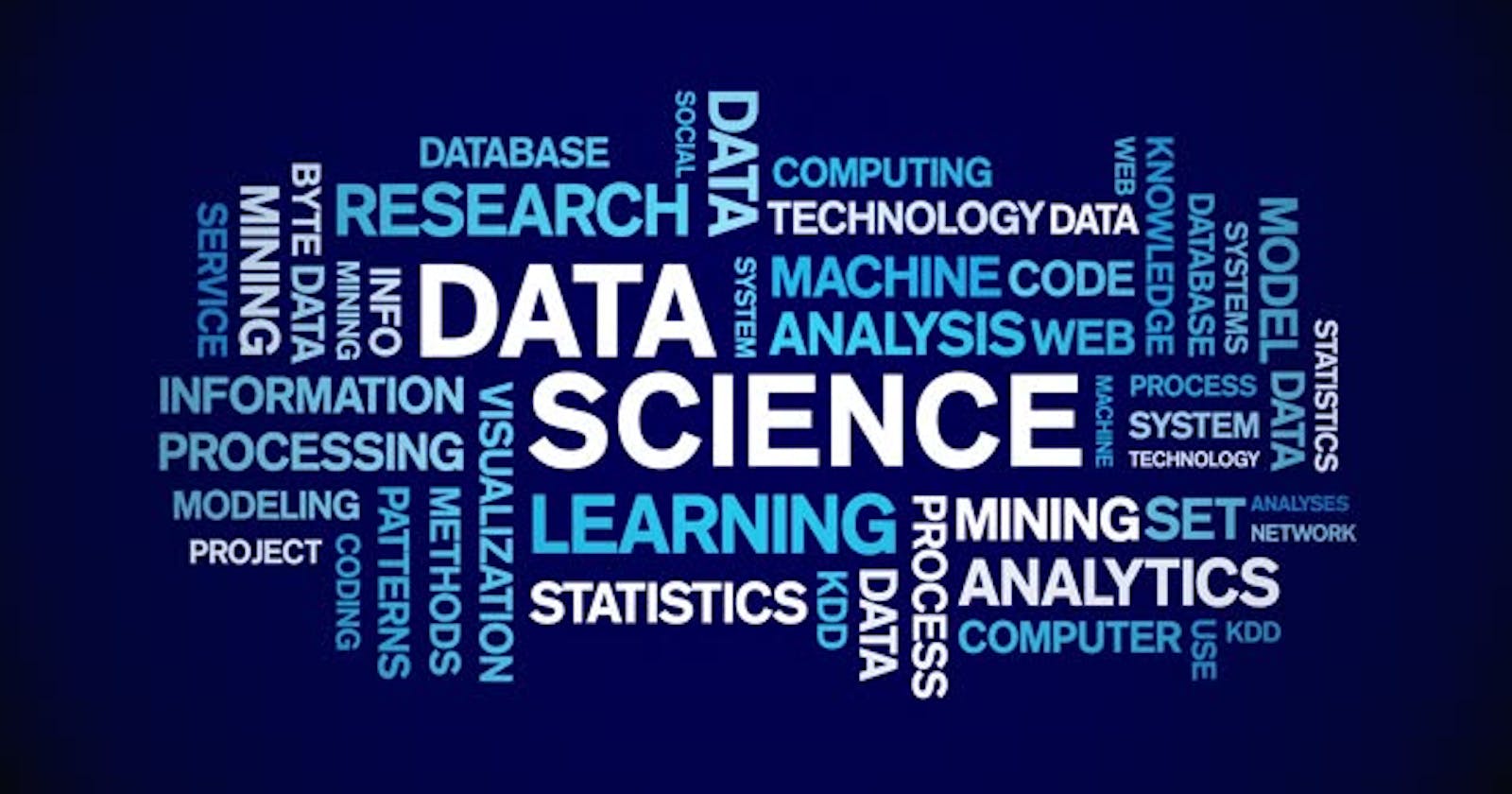Introduction
In the modern, digitally-oriented society, data is frequently called the "new oil. Its value lies not in its existence alone, but in our ability to extract meaningful insights from it. This is where data science comes into play – the interdisciplinary field that combines statistics, mathematics, computer science, and domain expertise to uncover hidden patterns, trends, and relationships within data. In this comprehensive guide, we will delve into the secrets of data science, exploring its methodologies, tools, and applications, and uncovering how it is shaping industries and transforming decision-making processes.
Understanding Data Science
At its core, data science revolves around the process of collecting, cleaning, analyzing, and interpreting data to extract actionable insights. It encompasses a wide range of techniques and methodologies, including machine learning, statistical analysis, data mining, and predictive modeling. By leveraging advanced algorithms and computational power, data scientists can uncover valuable insights from complex and large datasets that were previously inaccessible.
Key Components of Data Science
Data Collection and Preprocessing:
The journey of data science begins with collecting relevant data from various sources, such as databases, sensors, social media, and the internet. However, raw data is often messy and unstructured, making it unsuitable for analysis. Therefore, data preprocessing plays a crucial role in cleaning, transforming, and preparing the data for further analysis. Techniques such as data cleaning, normalization, and feature engineering are employed to ensure the quality and reliability of the data.
Exploratory Data Analysis (EDA):
Once the data is preprocessed, the next step involves exploring and understanding the underlying patterns and relationships within the dataset. Exploratory data analysis (EDA) techniques, such as data visualization, descriptive statistics, and correlation analysis, are used to gain insights into the data distribution, identify outliers, and discover potential trends or anomalies.
Statistical Analysis and Hypothesis Testing:
Statistical analysis forms the backbone of data science, providing the foundation for making data-driven decisions. Through hypothesis testing, regression analysis, and inferential statistics, data scientists can quantify relationships between variables, assess the significance of findings, and draw meaningful conclusions from the data.
Machine Learning and Predictive Modeling:
Machine learning algorithms play a pivotal role in data science, enabling computers to learn from data and make predictions or decisions without being explicitly programmed. Supervised learning, unsupervised learning, and reinforcement learning are among the key paradigms of machine learning, each serving different purposes such as classification, clustering, regression, and reinforcement learning.
Applications of Data Science
The applications of data science span across various industries and domains, revolutionizing the way organizations operate and make strategic decisions. Some notable applications include:
Healthcare:
Data science is driving innovations in healthcare by facilitating personalized medicine, disease diagnosis, and treatment optimization. From analyzing genomic data to predicting patient outcomes, data-driven approaches are enhancing patient care and improving clinical outcomes.
Finance:
In the finance industry, data science is utilized for risk management, fraud detection, algorithmic trading, and customer segmentation. By analyzing market trends, economic indicators, and consumer behavior, financial institutions can make informed decisions and mitigate risks effectively.
Retail and E-commerce:
Data science plays a crucial role in retail and e-commerce, powering recommendation systems, demand forecasting, and pricing optimization. By analyzing customer preferences, browsing behavior, and purchase history, retailers can deliver personalized shopping experiences and optimize their marketing strategies.
Manufacturing and Supply Chain:
Data science is revolutionizing manufacturing processes and supply chain management by enabling predictive maintenance, inventory optimization, and demand forecasting. By leveraging real-time data from sensors and IoT devices, manufacturers can improve operational efficiency, reduce downtime, and minimize costs.
Marketing and Advertising:
In the digital age, data science is transforming marketing and advertising strategies by enabling targeted advertising, customer segmentation, and campaign optimization. By analyzing customer demographics, online behavior, and social media engagement, marketers can tailor their messages and maximize the effectiveness of their campaigns.
Challenges and Future Trends
While data science holds immense potential, it also presents several challenges, including data privacy concerns, algorithm bias, and the interpretability of machine learning models. Moreover, as the volume and complexity of data continue to grow exponentially, there is a growing demand for scalable and interpretable machine learning algorithms, as well as ethical frameworks to guide responsible data usage.
Looking ahead, the future of data science is promising, with advancements in artificial intelligence, deep learning, and quantum computing poised to unlock new opportunities and capabilities. As organizations continue to harness the power of data science to drive innovation and gain a competitive edge, the field will undoubtedly play a central role in shaping the future of our society.
Conclusion
Investing in a Data Science course in Agra, Dehradun, Moradabad, Mumbai, Delhi, Noida and all cities in India can provide individuals and organizations with the necessary skills and knowledge to harness the full potential of data science tools and methodologies. By enrolling in such a course, aspiring data scientists and professionals can gain hands-on experience with cutting-edge technologies and techniques, equipping themselves with the expertise needed to tackle real-world data challenges effectively. In Agra, where technological advancements are reshaping industries and driving economic growth, acquiring proficiency in data science can open doors to a wealth of opportunities and propel individuals and organizations towards success in the digital era.
